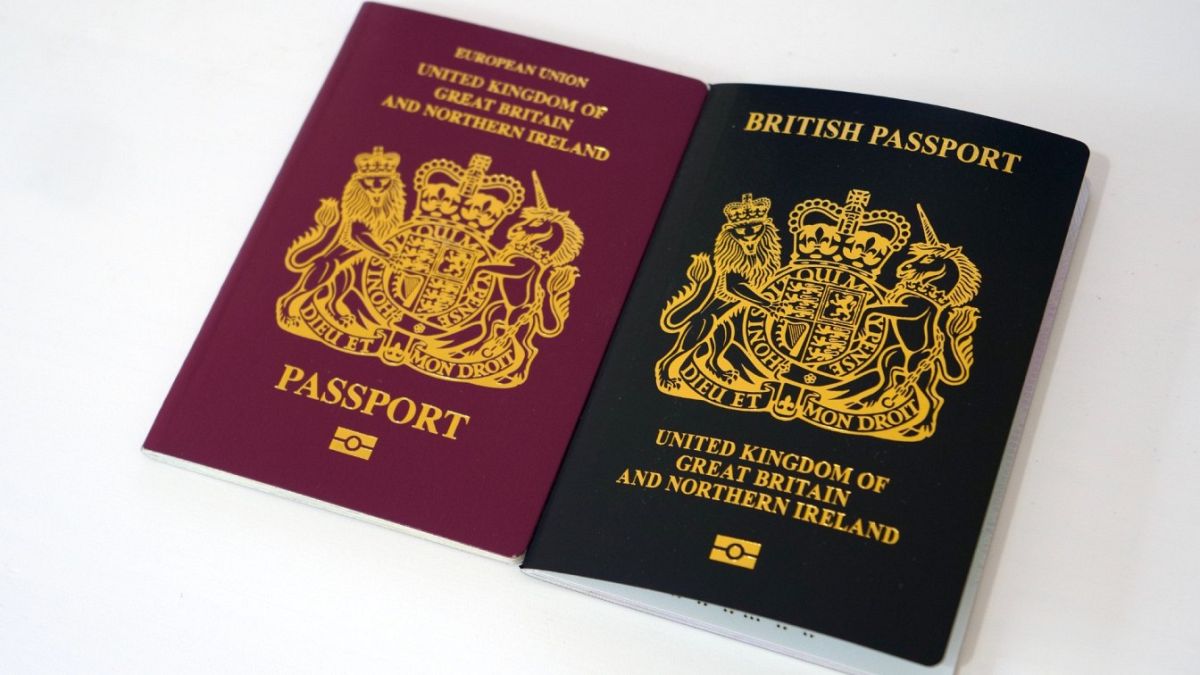Spain’s digital nomad visa – Check if you’re eligible and how to apply

With low cost of living and good internet, Spain is already popular with remote workers.
Spain’s long-awaited digital nomad visa is finally available.
The remote work visa gives non-EU nationals the chance to live and work in Spain for up to five years.
Approved by parliament in November 2022, it is part of the new Startup Act, which aims to attract entrepreneurship and bolster the country’s tech scene.
Various other European nations have capitalised on the rise of remote work over the past few years, with Italy, Greece, Croatia and Portugal all introducing some form of digital nomad scheme.
Spain’s visa was teased back in January 2022, when Economic Affairs Minister Nadia Calviño said the country was hoping to “attract and retain international and national talents by helping remote workers and digital nomads set up in Spain.” Authorities hope that it will help the country to recover from the economic impacts of COVID-19.
Here’s how Spain’s new digital nomad visa will make living and working in the country easier and cheaper.
Who can apply for Spain’s digital nomad visa?
Spain’s digital nomad visa is open to non-EU nationals who work remotely for non-Spanish companies. Applicants are allowed to get a maximum of 20 per cent of their income from Spanish firms.
Both self-employed freelancers with multiple clients and remote workers employed by a single company outside of Spain are eligible for the visa.
Applicants need to be from outside of the European Economic Area. They must not be living illegally in Spain at the time of their application and cannot have lived in the country within the five years prior to applying.
They need to prove they have worked with their clients or company for more than three months before applying, and the company they work for must have been operational for at least one year. They need to be able to demonstrate that they have a contract of employment or, if freelancing, have been regularly employed by a company outside of Spain – and that their job can be done remotely.
They must also prove that they are qualified or experienced in their field. At least three years’ work experience is required in lieu of qualifications such as a university degree or professional certificate.
What are the requirements for Spain’s digital nomad visa?
Aside from fulfilling the professional requirements outlined above, anyone wanting to take advantage of the digital nomad scheme must prove that they earn enough money to be self-sufficient.
The income threshold is set at 200 per cent of the country’s monthly minimum wage and can be proven using bank statements, contracts and invoices. Currently, this amounts to €2,334 per month or €28,000 per year, but it is likely to rise slightly as the country is reevaluating its minimum wage.
Applicants must have no criminal record in Spain or in the country where they have resided for the five years prior to the application. Proof of a two-year clear criminal record is required along with a sworn statement that you don’t have a criminal record within the last five years.
Proof of social security coverage from an applicant’s country of origin is also required. If the country you are applying from doesn’t have a social security agreement with Spain, the company you work for will need to obtain a contribution code and start paying it for the employee.
This step has proved problematic for some people looking to apply for Spain’s digital nomad visa. Most companies are unlikely to agree to pay more so that you can work abroad if it isn’t necessary. And even if you are from a country that does have a social security agreement – like the US or UK – then obtaining a certificate can still be difficult.
It is a bit easier if you are self-employed. All you’ll need to do is submit a letter confirming that you’ll register once you arrive in Spain to be in charge of paying the social security fees yourself.
Before you begin an application, it’s worth considering that this particular piece of evidence could take a while to obtain. You might also need the help of a lawyer to complete the process so make sure to include potential fees in your budgeting.
How long are digital nomads allowed to stay in Spain?
Digital nomad visas in Spain are initially valid for 12 months or for the duration of the employment period if it is shorter than 12 months. They can be renewed for up to five years.
To maintain the visa, you must not be absent from the country for more than six months per year.
Remote workers can also apply for a residency card, which grants the ability to travel throughout the EU while living in Spain.
Close relatives, like children and spouses, are allowed to join the visa holder in the country with proof of sufficient funds. Family units of two people, including the visa holder, must have an additional 75 per cent of the country’s monthly minimum wage (€875/month); 25 per cent (€292) is added for each family member after that.
How to apply for Spain’s digital nomad visa
You can apply for Spain’s digital nomad visa directly through a consulate or embassy in your home country. Alternatively, you can enter Spain on a tourist visa and apply within the first three months.
Required documentation includes the application form, proof of payment for the admin fee, a copy of your passport, proof of qualifications or work experience, proof of employment and income, proof the company has existed for more than a year, a letter of authorisation from your company to work in Spain, proof of a clear criminal record and proof of social security coverage.
Do digital nomads get tax breaks in Spain?
Anyone who stays in Spain longer than 183 days is considered a tax resident, even if they are working for a foreign company.
However, tax benefits are available for digital nomads working and living in the country under the visa scheme.
Remote workers can pay a reduced tax rate of 15 per cent during the first four years of their stay, provided they earn below €600,000 a year. This is instead of the usual 24 per cent rate.
Why is Spain popular with digital nomads?
With some of the best internet speeds in the EU, low cost of living and plenty of warm weather, Spain is already a popular destination for remote workers.
The coastal city of Valencia was recently voted the best city for expats in the world and Madrid was also in the top 10. In December, three of the country’s villages came out top in UNWTO’s annual ranking of the best villages for tourism across the globe, while a Spanish town is officially home to the most beautiful street in Europe, according to UNESCO.
Source: Euro News














